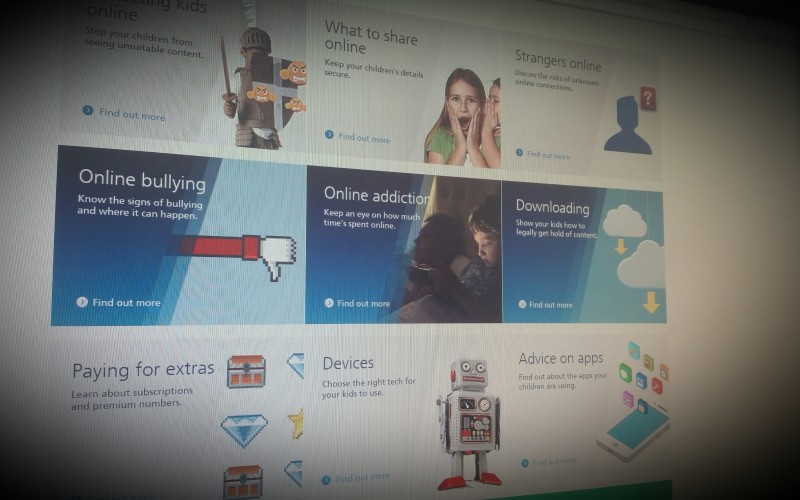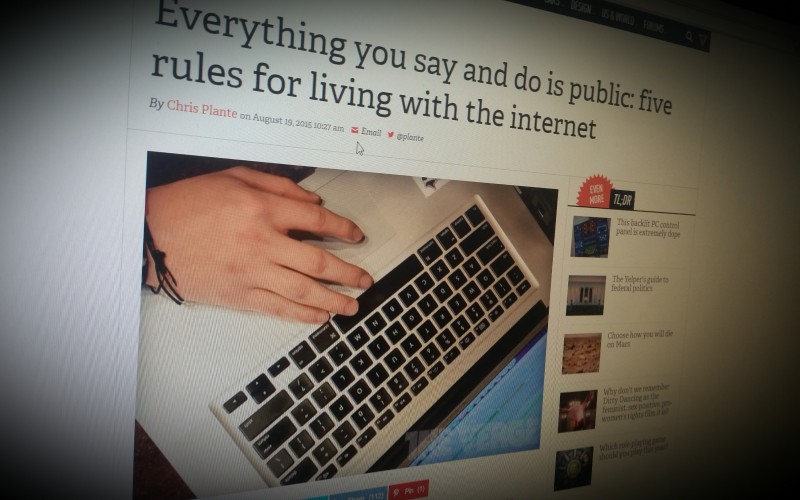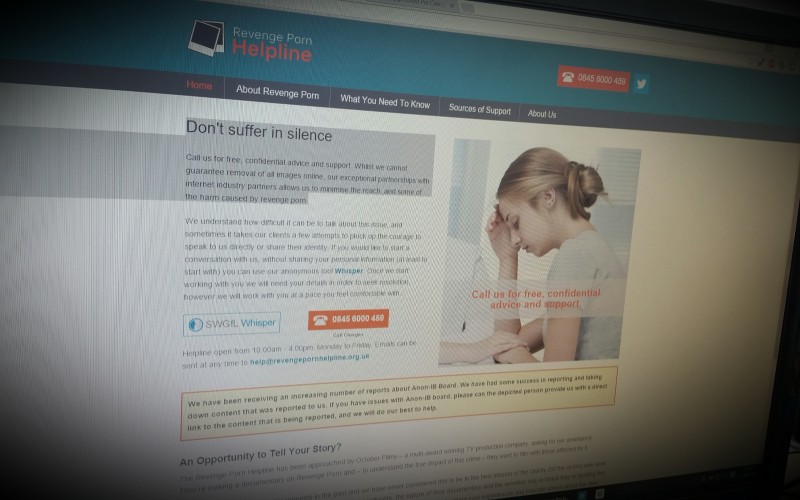02: 'When it comes to safety, children need us to be aware and involved in what’s going on - both online and offline. And that's why we’ve joined forces with the NSPCC.
Our aim is keep kids safe by helping UK parents and guardians to explore and see the internet as children do - a world that’s creative, fun and exciting - as well as understand the real dangers that exist online.
To do this, we're working together to:
Launch an online safety helpline for parents to call for technical advice.
Bring online safety workshops for parents and carers into schools and workplaces.
Train staff so all O2 stores can help adults with their online safety concerns.
Ultimately, we hope to equip parents and other family members with the knowledge and confidence to chat regularly with their kids about what they're doing online, and with whom.'






Comments
make a comment